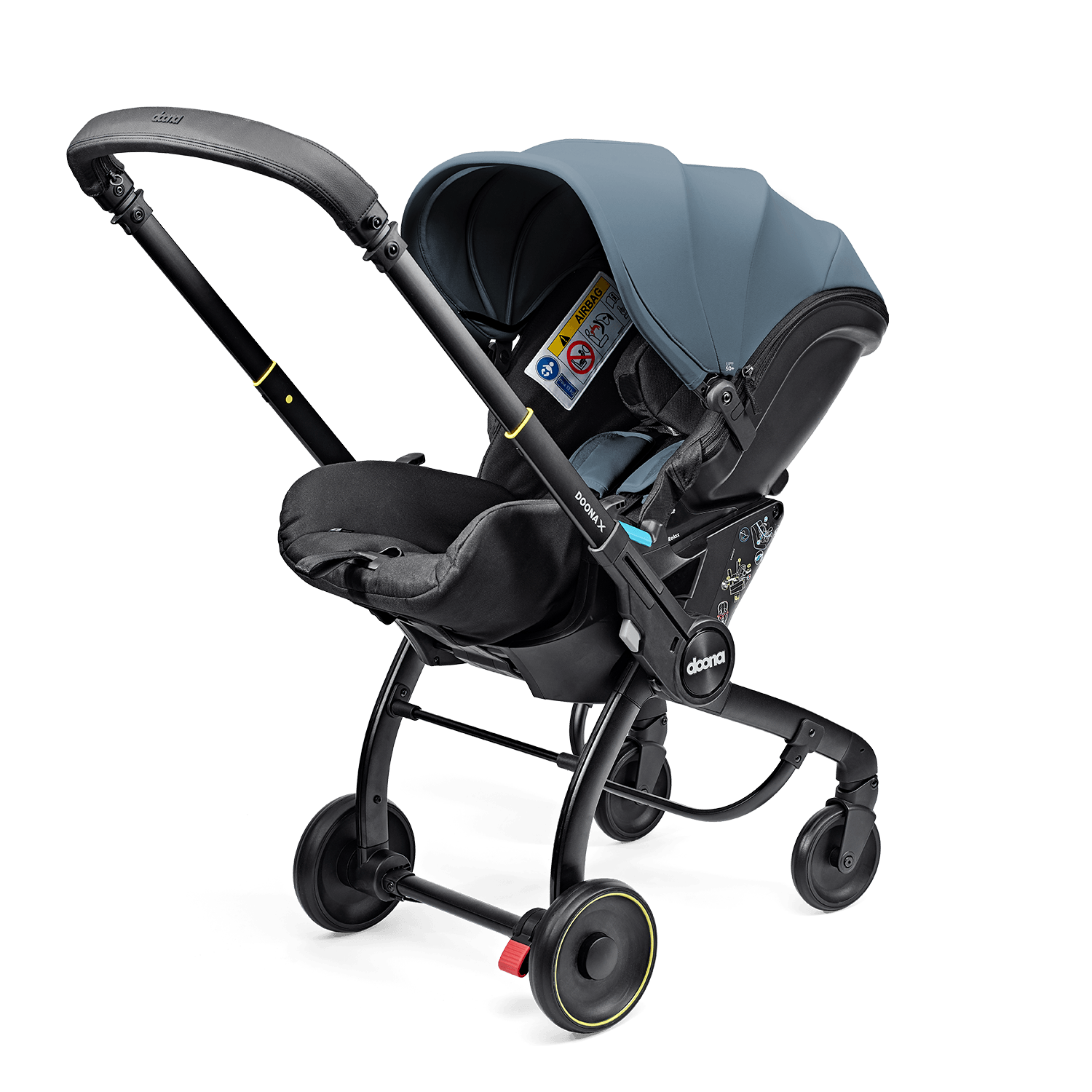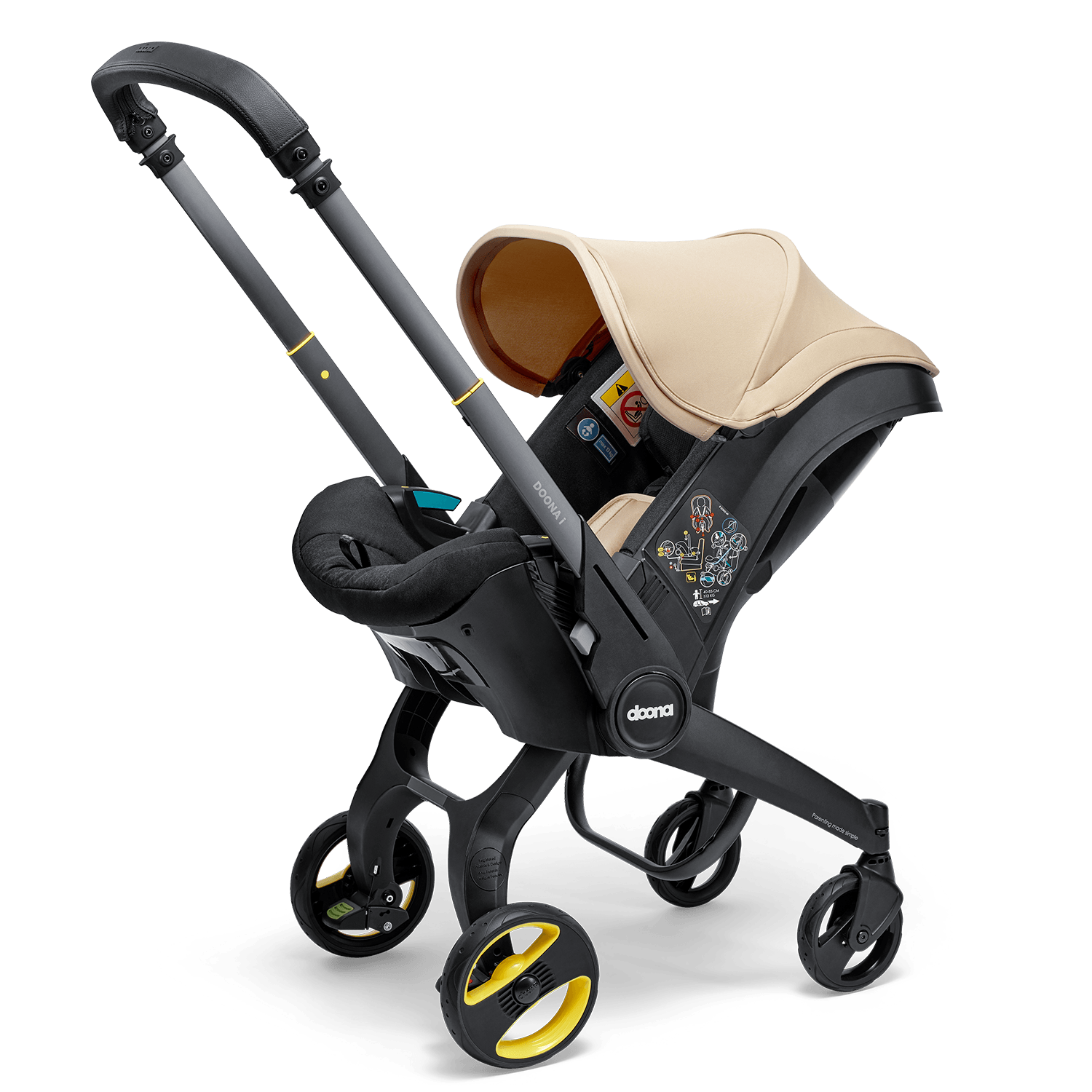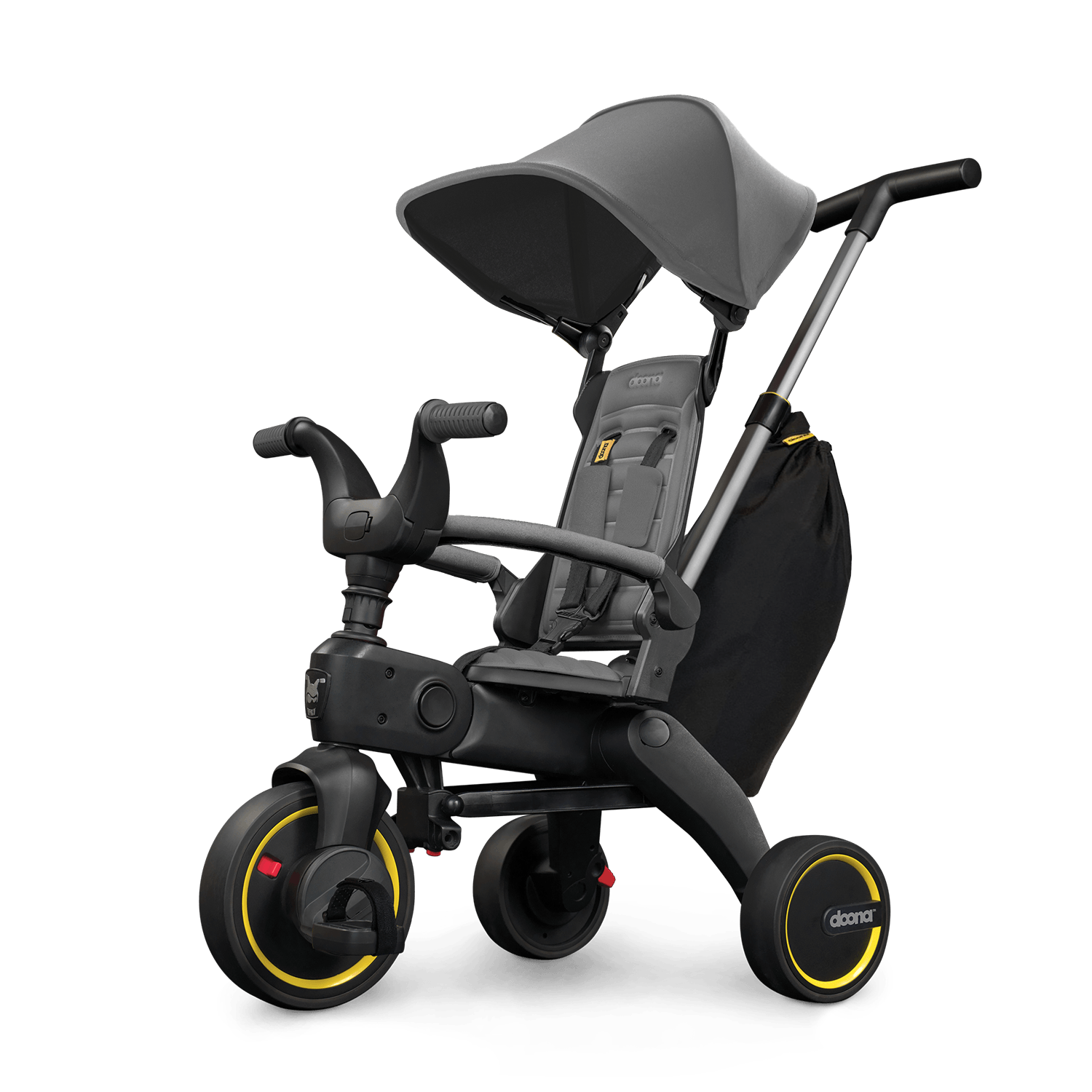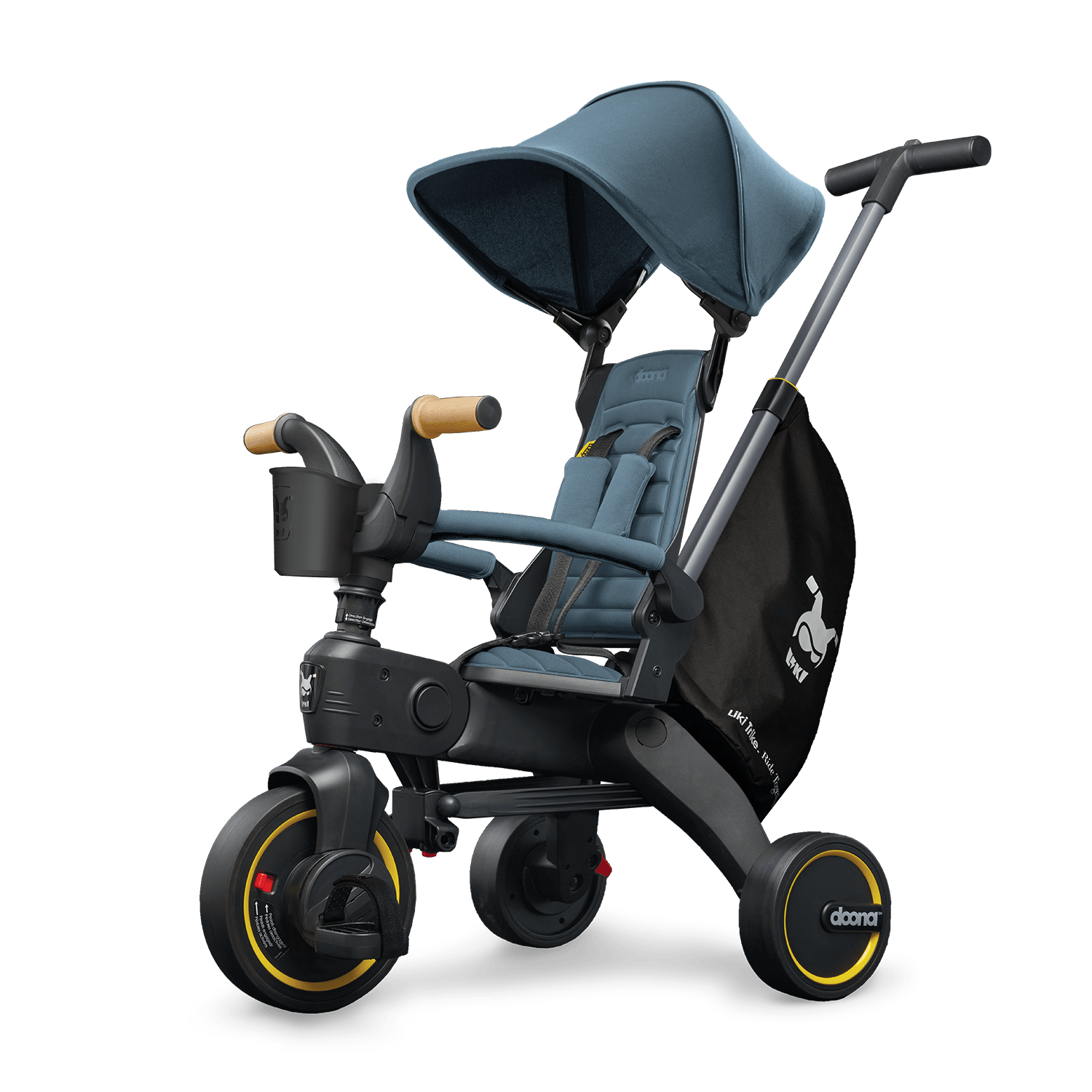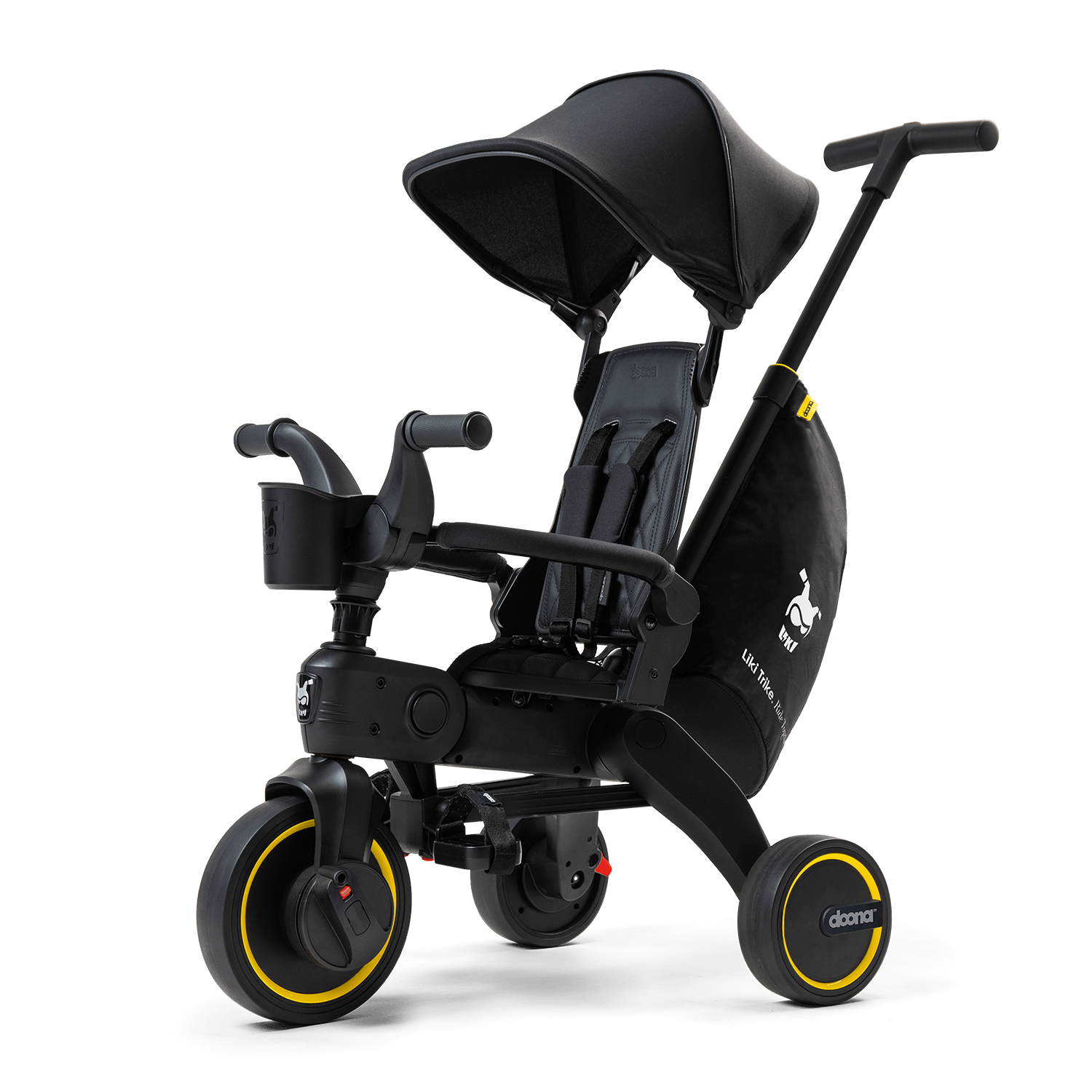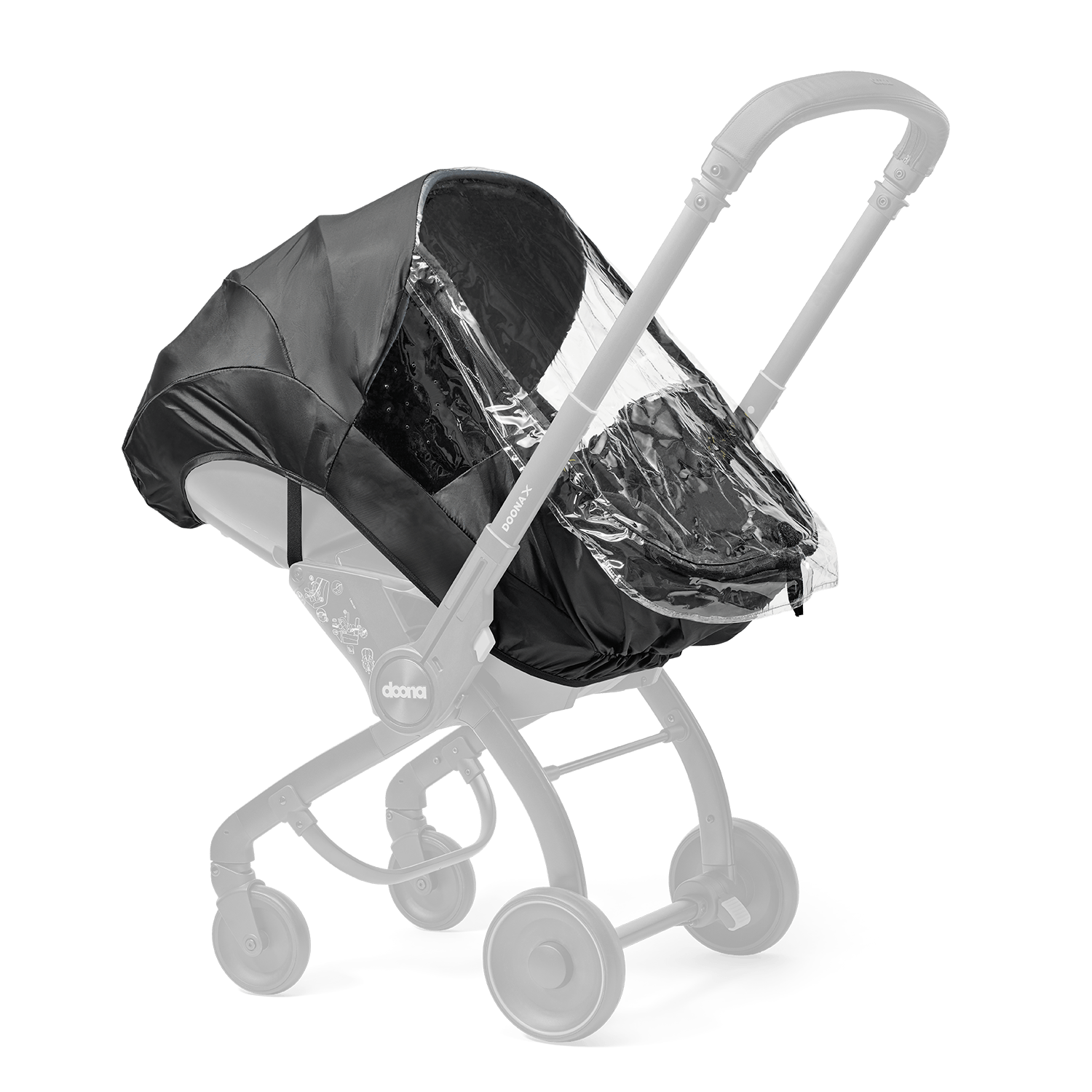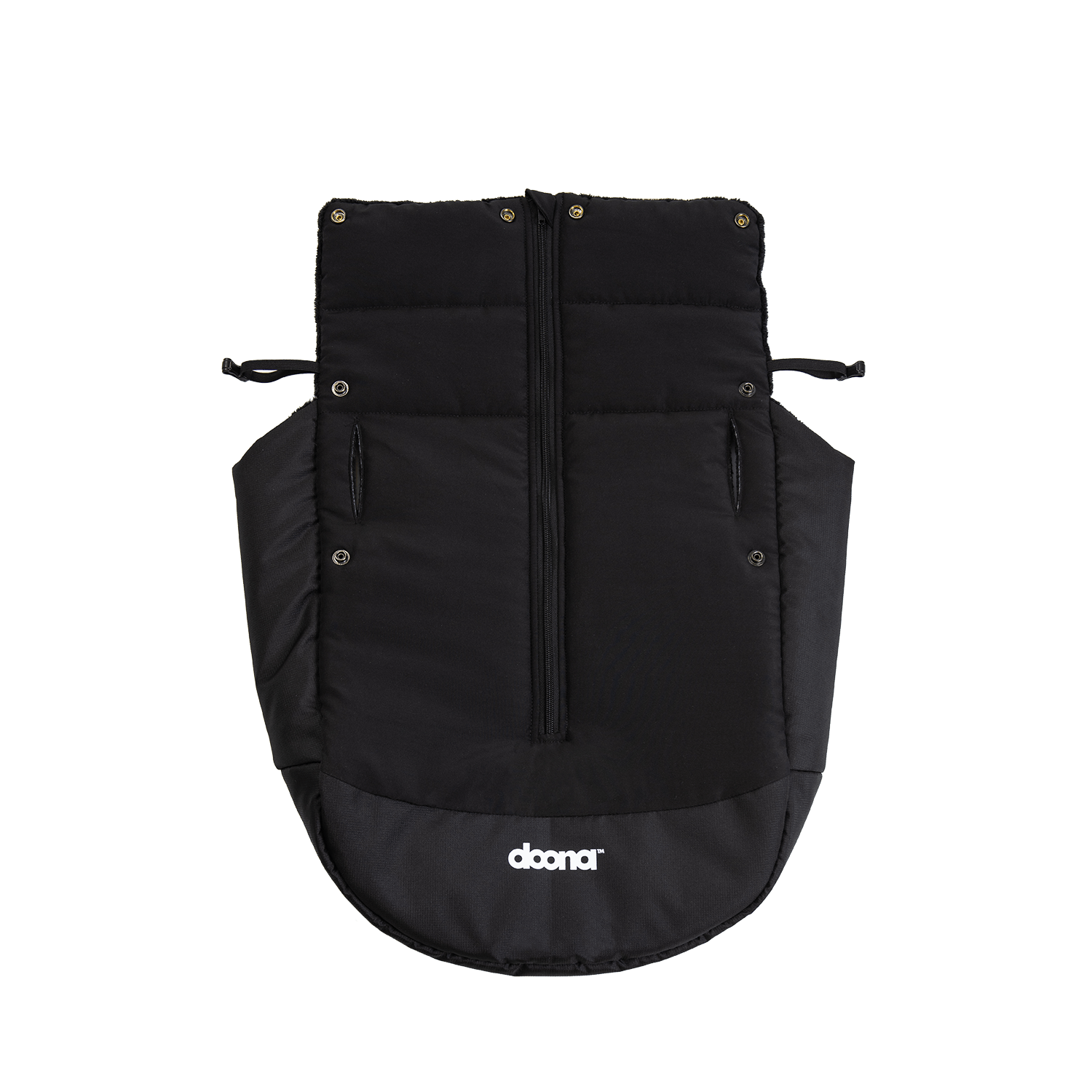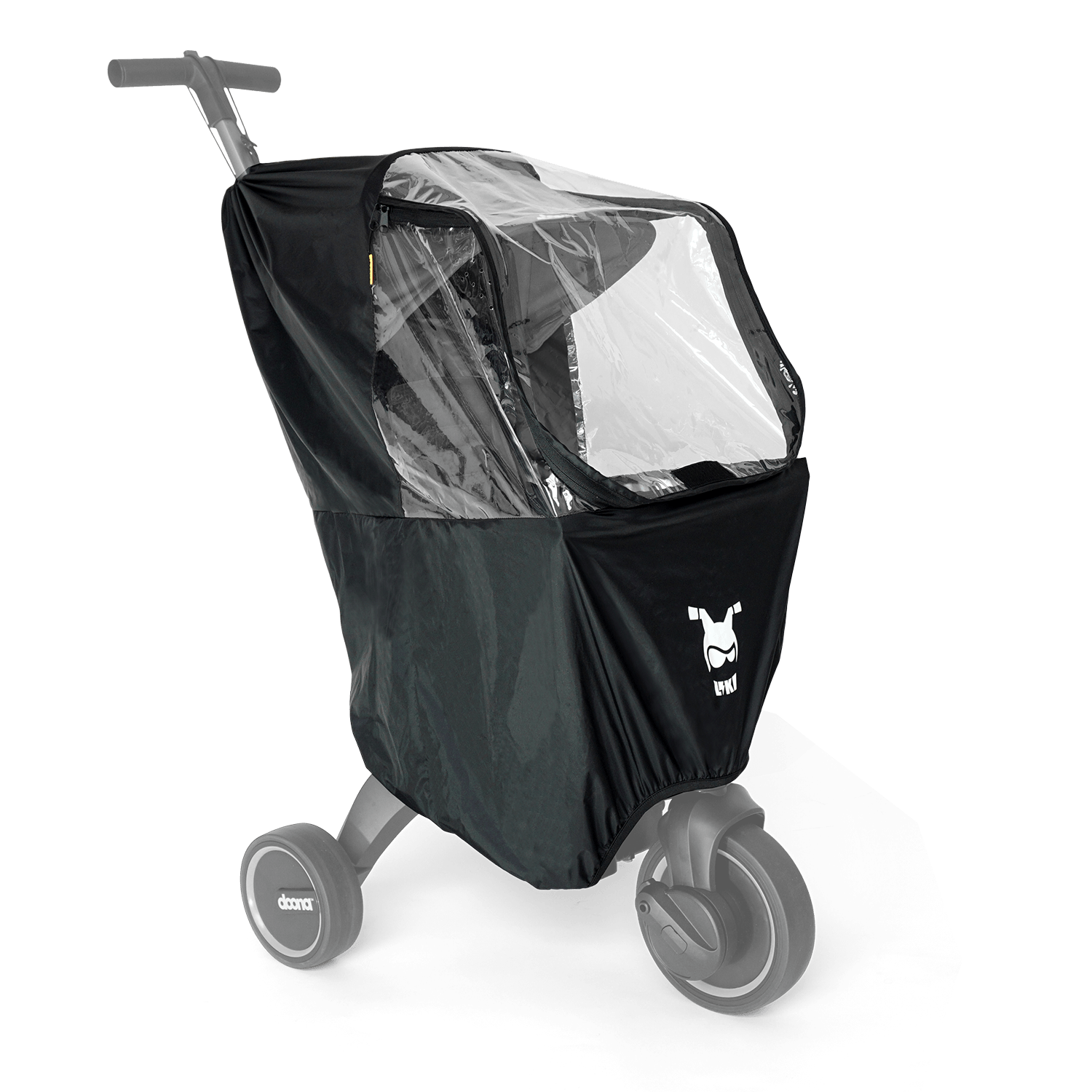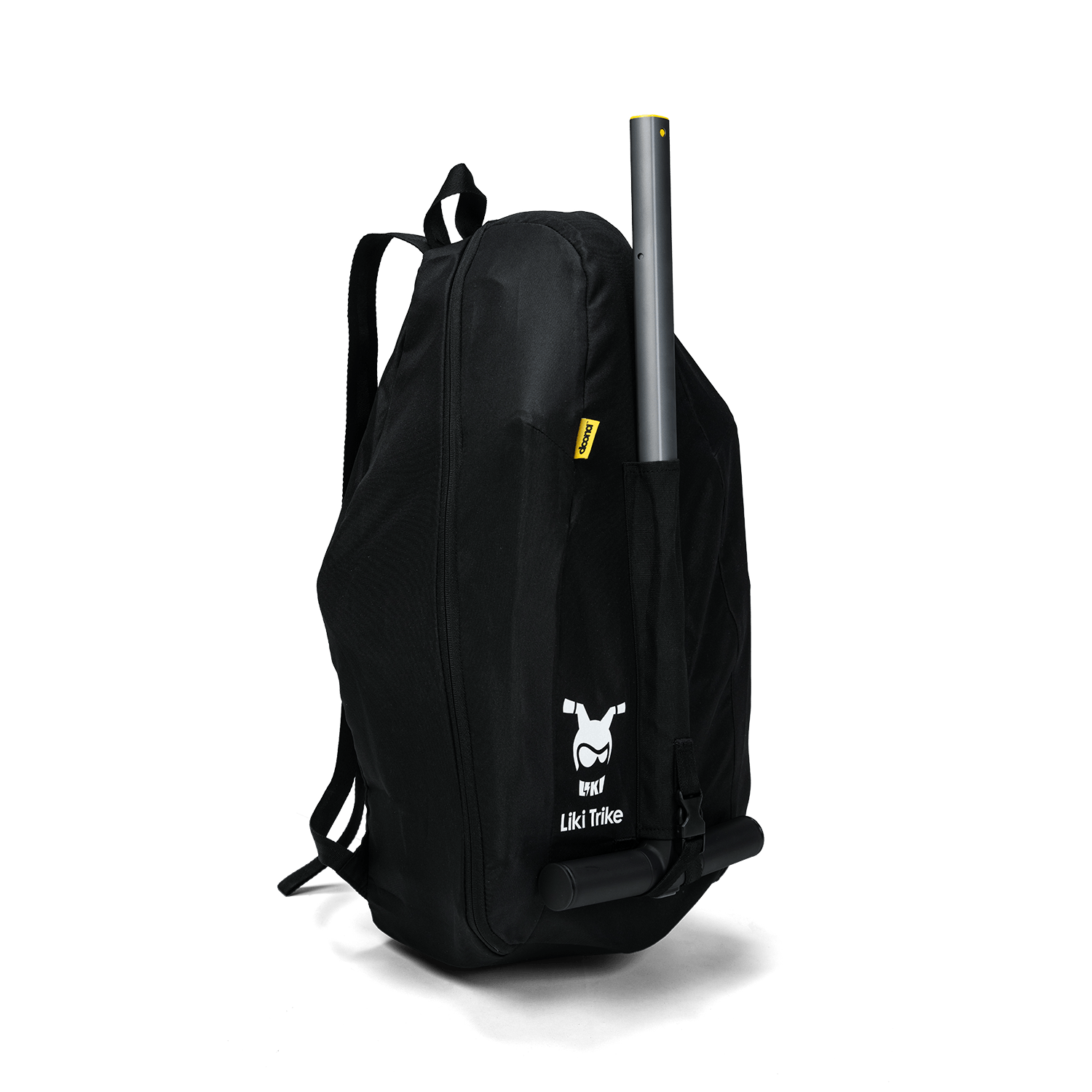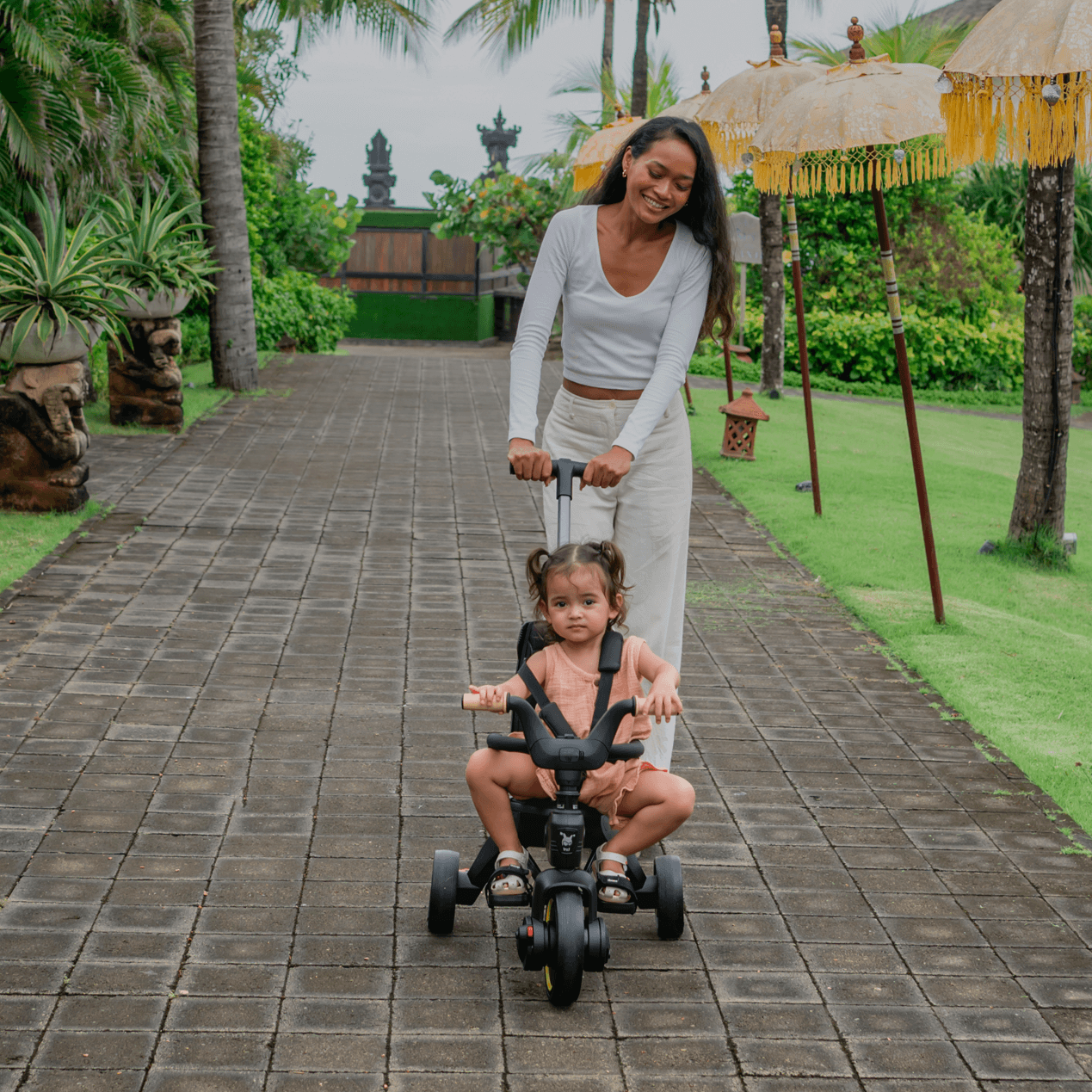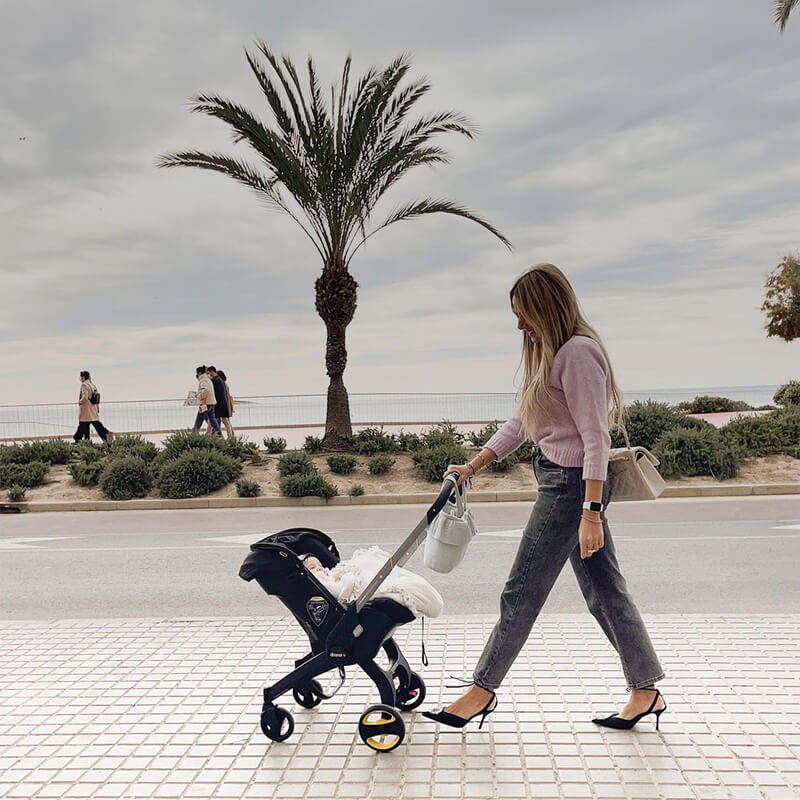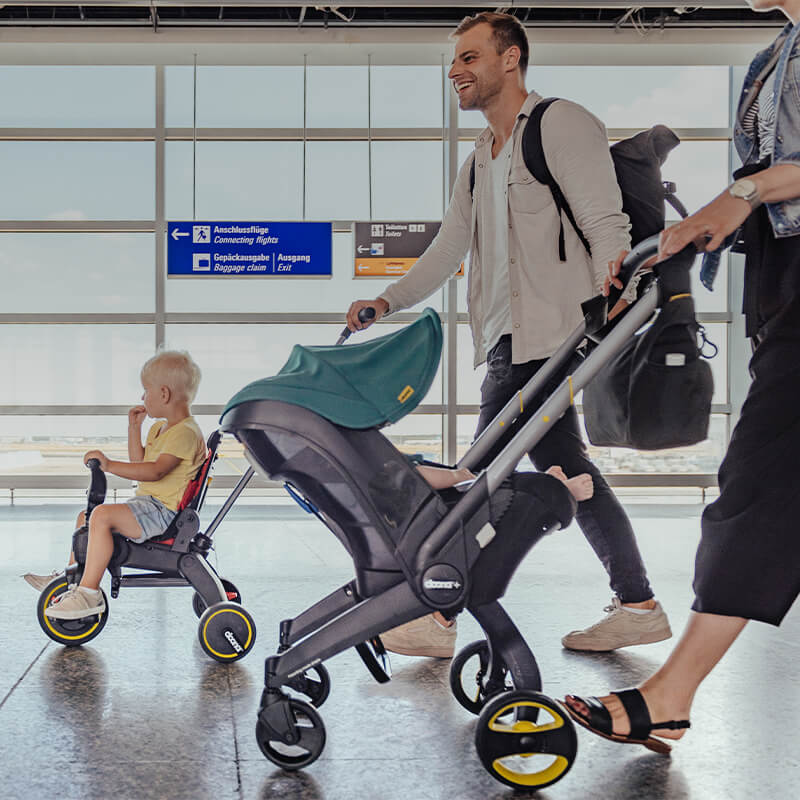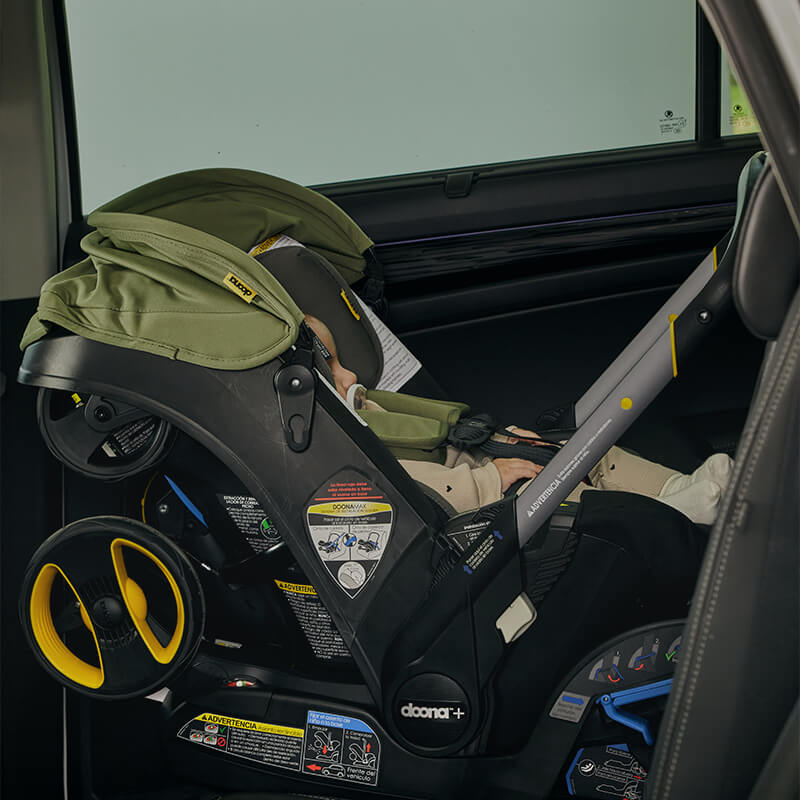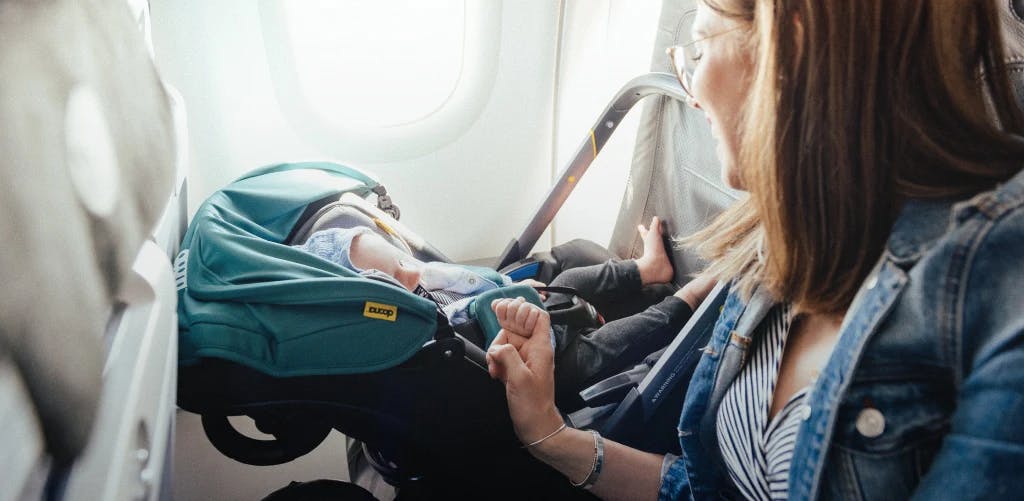Flying with a car seat: The guide to a smooth flight
Travel can be stressful! And when you add a baby into the mix, it can be overwhelming. Keeping your little one protected is always a top priority, and using an aircraft-approved car seat is essential to make sure they’re safe. But with so much information out there about airline policies, which car seat to choose and how to best position your child, it can be more than a little confusing to know how to make your trip safe and stress-free.
The good news is that with a little bit of research and planning, you can ensure a smoother travel experience, so you can enjoy your flight and feel confident knowing your little one is safe and secure. Here’s everything you need to know about how to fly with an infant car seat.
Contact the airline ahead of time
It’s always better to have everything confirmed in advance to make the day of travel as stress-free as possible. Call the airline before leaving on your trip to make sure car seats are permitted as well as confirming your seat assignment, and consider keeping documentation of your conversation, just in case you need to reference it later. This will ensure you don’t encounter any issues once onboard.
Double-check ticket requirements
Two is the magic age for traveling with your child. In general, if they’re under two years old they fly free, but if your little one is older than two, you must purchase them an additional ticket. Each airline has their own regulations when it comes to tickets for children and infants, so make sure to check the rules for the one you’ll be flying with. If you’re unsure, it’s always best to spend the extra money so you’ll be guaranteed a space for your child and their car seat. Having more space will be more comfortable for both of you, too.
Know where to sit
Car seats keep your little one safe in the event of an emergency, but they can also be bulky and may get in the way of others. The window seat is the best place for your baby, as it won’t block walkways or act as a barrier to climb over if you need to exit the row quickly. For this reason, the window seat is often the only place airlines will allow a car seat. To help the boarding process go as smoothly as possible, for both you and those around you, make sure to purchase the appropriate seat.
Look into check-in options
Keeping your child in a car seat on the plane is safe, but not required. Every parent is different, and some choose to bring their car seat for use at their final destination, but not while in the air. If this is the case, make sure to look at options for checking the seat.
If you wait until you’re at the gate to check in the seat, the gate agents will carry it to the airplane baggage area which will help reduce the risk of breakage from being tossed around. However, no matter what option you choose, there’s always a risk of damage anytime you check luggage. To keep your car seat fully protected, consider packing the car seat in a well-padded, secure bag, like the Doona Travel Bag. It’ll make carrying the car seat through the airport easier, too!
Have documentation on hand
Even after preparing for your trip by doing all the research ahead of time, confirming with and purchasing the correct seat, mistakes can still happen. Not every airline is the same, flight attendants may forget their training, or the line of communication among the airline may not be efficient.
On the off-chance an attendant is not aware of the rules, or tries to remove your car seat, make sure you’re ready by having the relevant FAA rules for bringing a car seat on an airplane, along with proof of your car seat’s aircraft approval. Additionally, you may want to bring a copy of that particular airline’s car seat policies, or at least read up on them.
Choose the right car seat
When it comes to bringing your car seat with you on your travels, smaller is better. The smaller and more lightweight your car seat, the easier it will be to carry through the airport, onto the plane, and anywhere else your trip may take you. With so much else to carry, including your baby, you don’t want to lug around a heavy car seat.
Car Seat Bag and Cover
A car seat bag or cover can be useful for protecting your car seat from damage during transit. It provides an extra layer of padding and prevents scratches, dirt, and general wear and tear. When it comes to travelling with the Doona Car Seat & Stroller, you can also purchase the travel bag or padded travel bag which perfectly fit the Doona. If you're using the Doona as a car seat during your flight, there's no need for a bag. Simply stroll through the airport with ease, and bring it onto the flight without the hassle of packing it away!
Age limit for car seats on airplanes
Children can typically fly on a plane in a car seat from birth onwards, as long as the car seat is approved for use on aircraft. Many airlines allow infants as young as a few days old to travel in their own car seat, provided it meets safety regulations and is properly secured in an airplane seat. However, it's essential to check with the airline beforehand to ensure compliance with their specific policies and regulations regarding child safety restraints.
The best option is a car seat that serves a dual purpose, like the Doona Car Seat & Stroller. By seamlessly transitioning from car seat to stroller with one click, the Doona makes it simpler than ever to get to the gate and board the plane in stroller mode, then quickly transform to car seat mode once at your seat. With only the highest safety features including a 5-point harness system and crash testing, you can be confident your little one will be secure for the whole flight. Plus, its aircraft approved and fits in most overhead bins, no check-in required. Happy flying!
